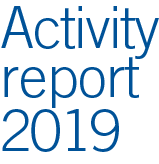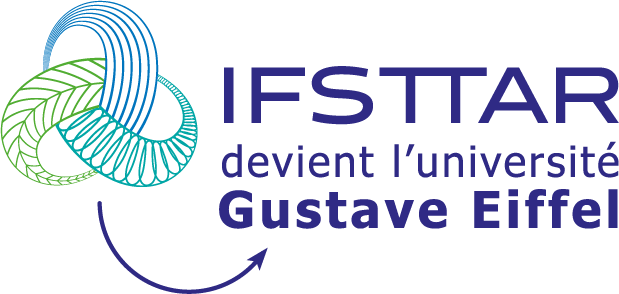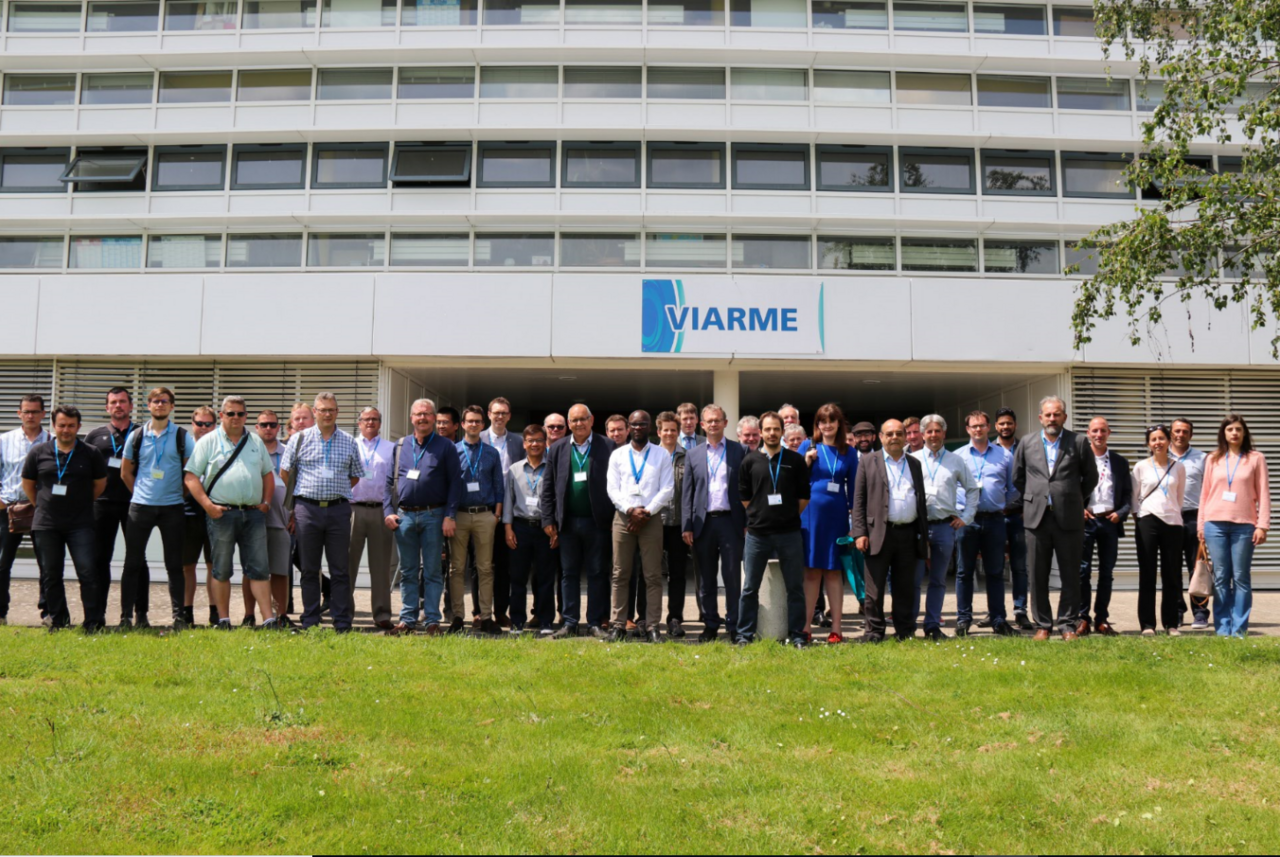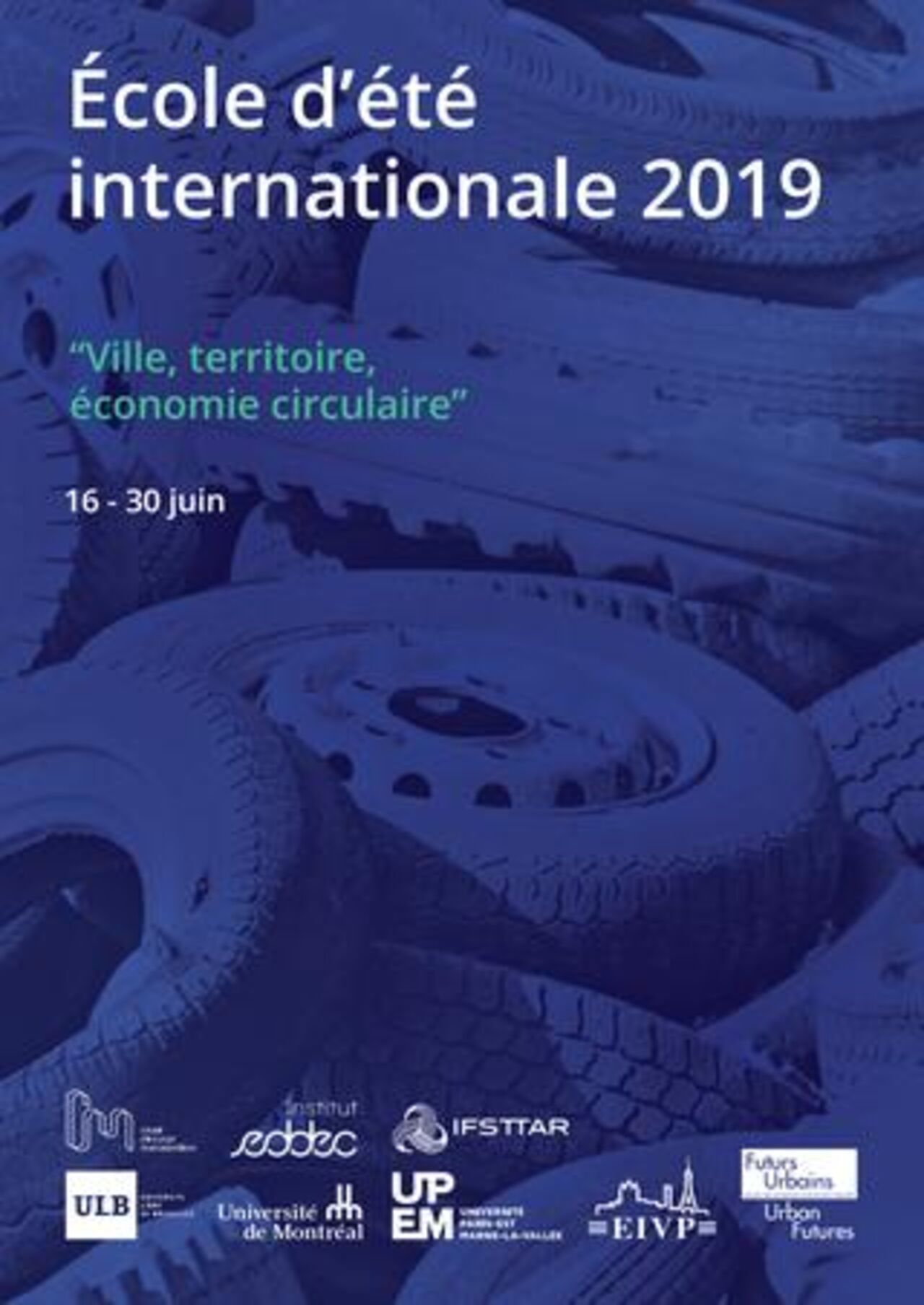Reference

International activities
IFSTTAR's Directorate for European and International Affairs implements incentivising tools to support European and international partnerships. They are designed to facilitate the launch of European and international initiatives. In addition to encouraging the outgoing and incoming mobility of permanent researchers and students, this funding is used to organise symposia, conferences and seminars, and to set up or perpetuate bilateral partnerships and major academic and technological partnerships.
The strengthening of partnerships involves the setting up of International Associative Laboratories (LIAs). A LIA provides a structure for scientific cooperation between two (or more) research teams from two (or more) laboratories. It is a laboratory "without walls". Researchers are supported by the institute when setting up these LIAs. At the end of 2019 there were five LIAs and the creation of a sixth is currently on the table.
- The COSYS (Components and Systems) department is in the final phase of setting up the ASTI (Advanced Sensing for Transport Infrastructures) LIA which brings together IFSTTAR, INRIA, IREA (CNR) in Naples and Milan and the IMAA in Potenza. This LIA is founded on the success of the FP7 ISTIMES project (merging data from multiple INSAR and Sentinel satellite sources, images from drone-borne radar interferometry, and radar or fibre optics on the ground) for infrastructure monitoring.
- A second project to set up a LIA with the University of Bologna, nextRIM (Next Generation Road Infrastructure and Mobility), has been approved by COSYS following an extensive appraisal process. The project has also been approved by the University of Bologna (Italia) and will be assessed by Université Gustave Eiffel with a view to signature of the agreement in the near future. This LIA focuses on improving mobility by simulating the behaviour of road and street users who are interacting with the infrastructure. An extension of the project is being considered with the DICAM department at the University of Bologna with regard to executive training.
- The third LIA on ITS (Intelligent Transport Systems) and smart cities will seal IFSTTAR's long-standing collaboration on these topics with Queensland University of Technology (a letter of intent was signed by the two partners in February 2019). Extending the LIA to the University of Queensland (Australia's leading university) appeared timely given the many convergences in research, particularly on the aspects of the blue economy and smart cities, in connection with Sense-City and more broadly with Université Gustave Eiffel.
- For the TS2 (Transport, Health and Safety) department, 2019 was marked by the signing, during the Jacques Cartier meetings in November in Montreal, of the agreement for the EVASYM LIA between IFSTTAR, Université Claude Bernard Lyon 1, the Ecole de Technologie Supérieure, Université de Montréal and Université TELUQ, involving researchers from the LBMC, LESCOT and LEPSIS in France and the LIO and S2M in Montreal. The EVASYM LIA's scientific project consists in combining the complementary expertise of the laboratories involved to conduct an anatomo-functional assessment of the musculoskeletal system with regard to the two themes of ageing and disability (movement, balance, autonomy and rehabilitation) and orthopaedics and traumatology (deformities, injuries and implants).
- The iLab-Spine LIA is a unifying research project focused on the modelling and biomechanics of the spine. This year, all the partners have supported the extension of the LIA (an agreement is currently being signed). Activities in 2019 made it possible to organise a scientific event during the Jacques Cartier meetings, to permit the mobility of doctoral students who are co-supervised at international level, and to organise the iLab's annual scientific days in Montreal. The research themes that marked the activities in 2019 relate to the mechanical characterisation of spinal cord structures, protection of the spine and optimisation of surgical strategies.
- In the medium term, IFSTTAR, UPEM and ESIEE Paris are expected to sign an agreement for a LIA with Milan Polytechnic on smart structures for the city and transport. A meeting to establish the broad outlines of the scientific project was held in November 2019 in Milan.
The AME (Planning Mobilities and Environment Department) has implemented a cooperation programme known as Innomob. All the department's laboratories will take part in this programme. Among the activities launched in 2019, the following are particularly noteworthy:
- Organisation of a workshop in Berlin on the challenges associated with robomobility in May;
- Organisation of a seminar in Paris on models linking transport and land use in July;
- Organisation of a workshop in Paris in September on the eco-design of road infrastructures;
- Cross-supervision of trainees on the issues of electric vehicles and geolocation;
- Reception of DLR staff at GEOLOC (Geolocation laboratory, AME department) in November;
- Finalisation of publications on freight transport.




